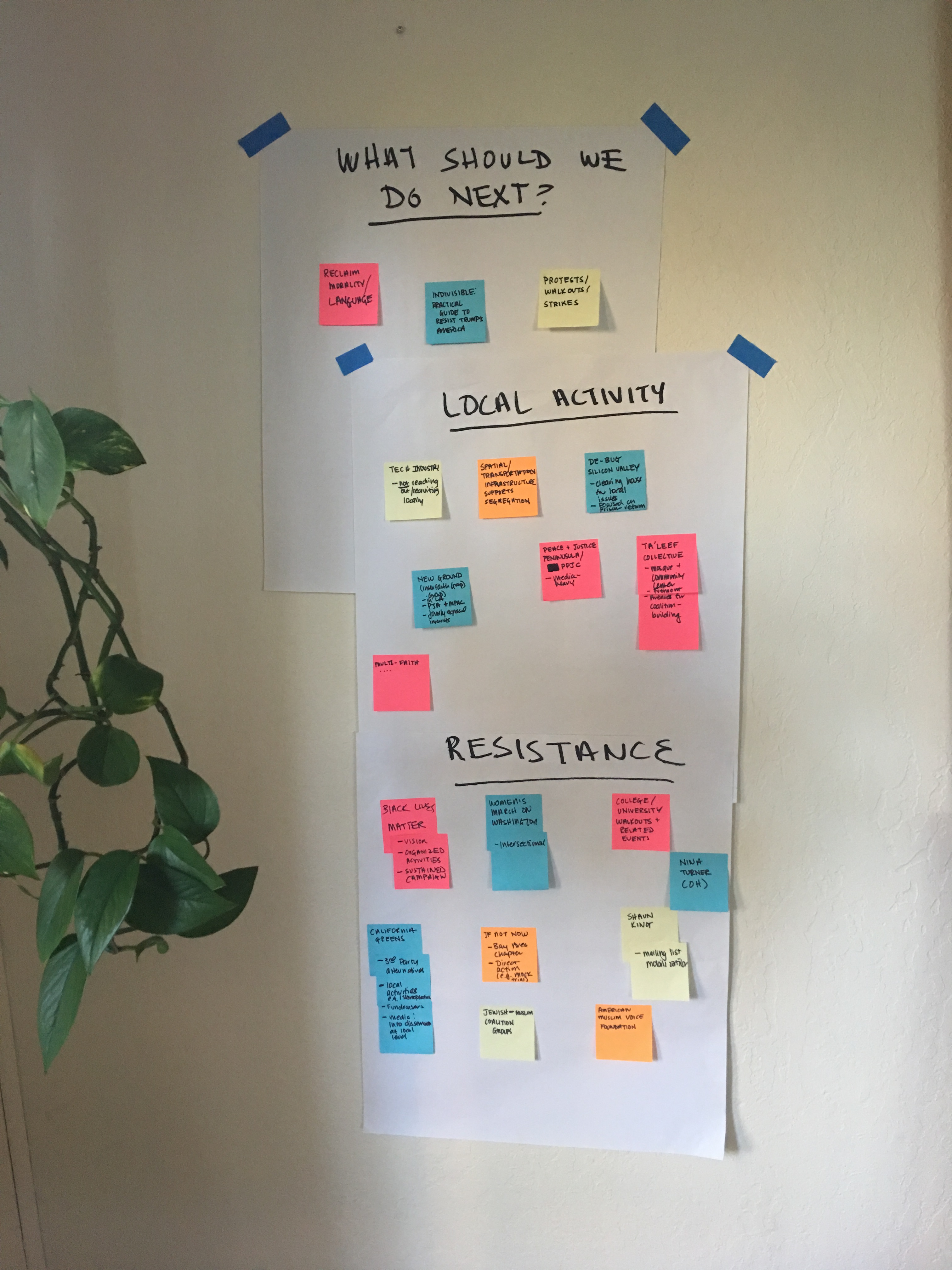 FAIR Money has just published its first report, Good with Money: Getting by in Silicon Valley. The report, which is based on interviews and a diary study with 10 people struggling to gain or hang on to firm financial footing in a booming local economy, focuses on the most striking finding: how skilled people are with money and how little their skill set overlaps with the money management skills traditionally taught in financial literacy classes.
FAIR Money has just published its first report, Good with Money: Getting by in Silicon Valley. The report, which is based on interviews and a diary study with 10 people struggling to gain or hang on to firm financial footing in a booming local economy, focuses on the most striking finding: how skilled people are with money and how little their skill set overlaps with the money management skills traditionally taught in financial literacy classes.
The report’s introduction sums up the central arguments:
The “master narrative” of financial probity that dominates American culture at this historical moment makes it almost impossible to see the financial behavior of low- and middle-income Americans without a strong punitive bias. This dominant narrative focuses on living well within one’s means, using credit cards responsibly, saving for financial milestones, and managing one’s credit score. It refuses to acknowledge that wage stagnation, underemployment, and rising costs of health care and education leave vast numbers of Americans with insufficient income to cover basic expenses. When we consider financial actions and decisions from the inside out, in their full complexity and in the context of meaningful relationships and life choices, it becomes readily apparent that struggle, hard work, ingenuity, and bad luck are much more common than financial irresponsibility or ignorance.
One of the practical manifestations of this master narrative of (assumed lack of) financial probity is the financial literacy industry, both for-profit and not-for-profit. Financial literacy education makes a foundational assumption that adverse financial outcomes are due to ignorance and/or irresponsibility and that education can effectively eradicate both. This report argues that offering education as a solution to financial struggle is a fairy tale that does real harm. It obscures the massive 30-year-long redistribution of wealth to the very top of American society. It blames the victims of this redistribution for their misfortune and distorts our thinking and our judgment. In obscuring the causes of the financial struggles experienced by average Americans, financial literacy education also makes it much more difficult to think about true solutions.
Good with Money discusses particular “scripts” in the master narrative condemning people who struggle financially, and it proposes a different way to think about their choices and decisions. The report also contains the financial stories of the research participants told through a lens of empathy and historical understanding.
We look forward to your comments.
The FAIR Money Research Collective




